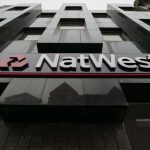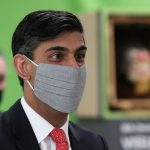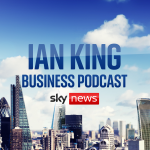The chancellor is urging a focus on rip-off charges ahead of a meeting with UK regulators this week, as stubborn inflation threatens the government’s target of halving inflation this year.
Jeremy Hunt is to meet bodies with oversight of key industries such as food and energy in the week after the shock Bank of England interest rate hike to tackle growing price pressures in the economy.
Governor Andrew Bailey hit out at the pace of wage increases and spoke of evidence that profit margins were being rebuilt by companies after the bank rate was raised by 0.5 percentage points to a 15-year high of 5%.
Both the Treasury and the bank are worried that inflation is becoming engrained in the economy, with the headline consumer prices index (CPI) measure failing to slow as expected last month.
Mr Hunt knows that while inflation is easing from its winter peaks, consumers and businesses are yet to feel a real benefit heading towards an election year in 2024.
Please use Chrome browser for a more accessible video player
Rising mortgage and rental costs, both linked to the rise in bank rates to tame inflation, will add further financial pain to millions.
Prime Minister Rishi Sunak urged households at the weekend to “hold their nerve”, reassuring them “we will get through this”.
Health minister refuses to commit to public sector pay rise, saying PM must make ‘tough decisions’
Public sector pay rise doubt as Treasury minister stresses inflation impact
Chancellor’s mortgage plan might mitigate against chaos – but it will not prevent the pain
He also warned millions of public sector workers that future pay rises could be blocked for fear of stoking inflation further.
Please use Chrome browser for a more accessible video player
His chancellor told Sky News in May that he would be comfortable with the economy going into recession if it meant inflation was properly cooled.
Mr Hunt’s call for regulatory scrutiny of corporate profitability in the economy follows previous remarks by Mr Bailey that food producers, rather than supermarket chains, were not passing on falling wholesale costs.
Amid a Competition and Markets Authority (CMA) investigation into grocery and fuel prices, which is due to report next month, there are concerns about whether falling commodity and diesel costs are filtering down following the Russia-Ukraine war shock.
On the flip side, Brexit has added to labour costs through a shortage of workers while companies also bemoan high energy and tax bills.
Mr Hunt will meet the CMA, as well as Ofgem (energy regulator), Ofwat (water regulator), and Ofcom (communications regulator) to ask what they are doing about skyrocketing prices.






















